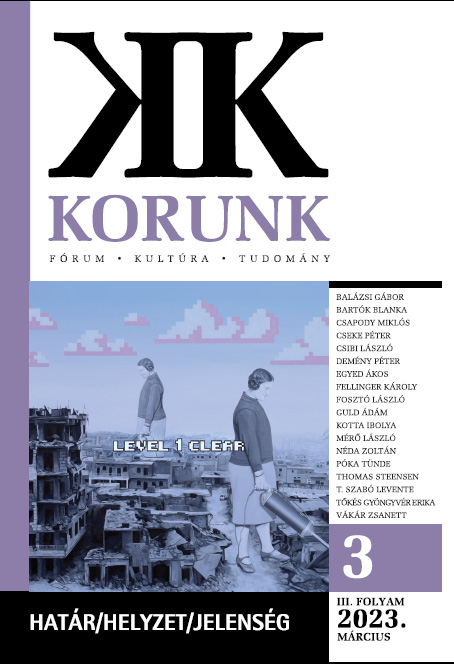Tudásunk határai: a véletlen matematikája és pszichológiája
The Limits of Our Knowledge: The Mathematics and Psychology of Randomness
Author(s): László Mérő, Tünde PókaSubject(s): Social psychology and group interaction, Social development
Published by: Korunk Baráti Társaság
Keywords: randomness; probability theory; psychology of belief; Monty Hall problem; chaos theory
Summary/Abstract: Mathematicians simply define randomness as something that cannot be predicted or calculated. Based on this definition, quite profound mathematical theorems can be proved that can be applied in many ways in physics, biology, and engineering. For the mathematics, it is not a relevant question whether randomness really exists in the real world or not. From a psychological perspective, however, it is a question of belief whether randomness really exists or not. There is a profound parallelism between the belief or disbelief in God and the belief and disbelief in randomness. However, in none of the human cultures is randomness considered a holy thing. Therefore the belief/disbelief in the existence of randomness proves to be an ideal subject for researching the psychology of belief, without involving profound emotions.
Journal: Korunk
- Issue Year: 2023
- Issue No: 03
- Page Range: 3-11
- Page Count: 9
- Language: Hungarian

